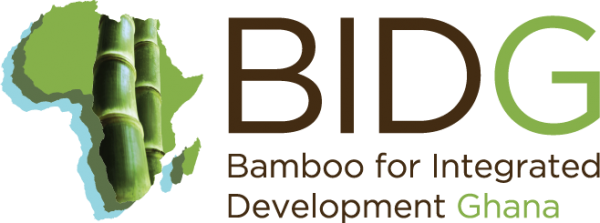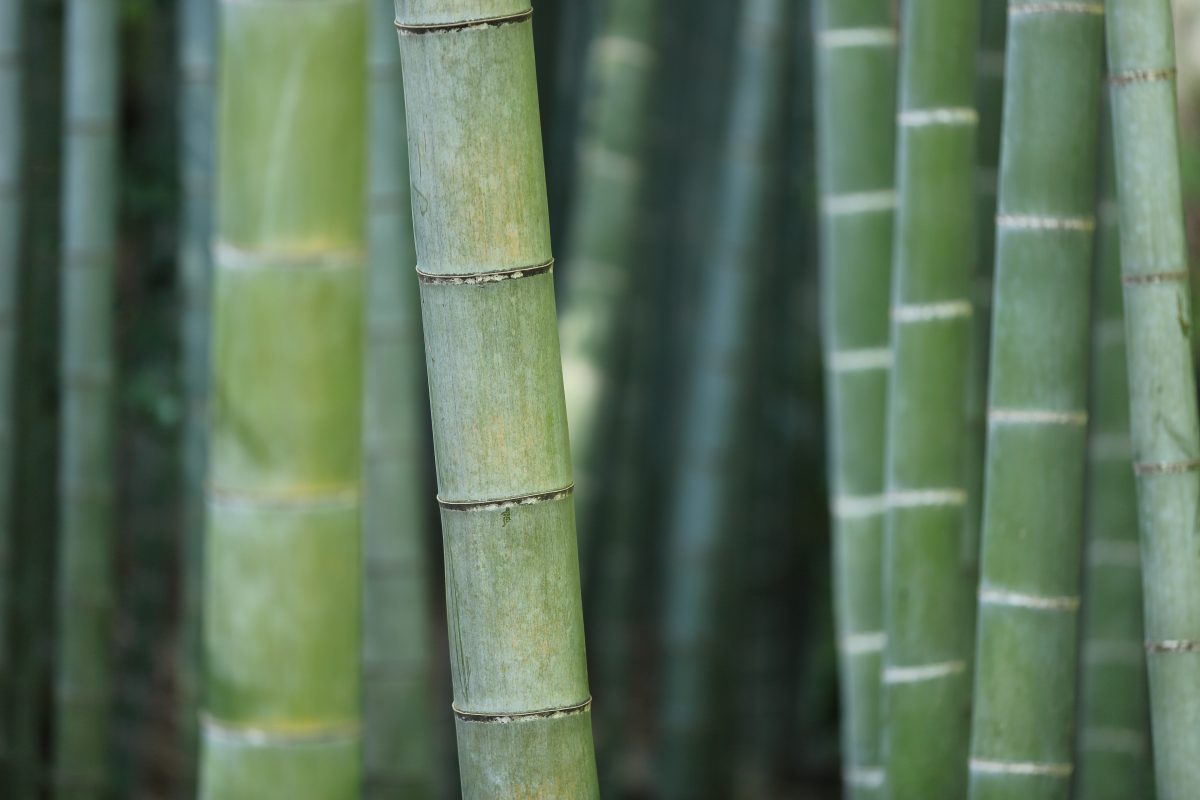Resilient Bamboo Agroforestry Project
This project leaded by "Bamboo for Integrated Development Ghana (BIDG)" aims to improve livelihood of rural farmers, ensure availability of food and contribute to the global climate fight.


Overview of the project
BIDG has started an intervention in Sekyere Afram Plains in Ghana. As do not belong to the traditional Ashanti tribe, settlers living there originating from northern Ghana have no legal rights to land. to develop sustainable agriculture practices. Increasing use of chemical fertilizers and pesticides, maize monocultures and burn farming to convert woodland into agricultural land are deteriorating soil quality and threatening biodiversity. To break a vicious circle risking to push settlers to migration again, BIDG wants to offer small farmers in their settlement area a realistic perspective, by introducing sustainable Bamboo Agroforestry.
First, through information, training and knowledge transfer to make smallholder farmers aware of the ecological issues of their practices. Then you need specifications and a clear set of rules to follow in order to introduce a successful Bamboo Agroforestry, especially to maintain the motivation of the farmers until the first “bamboo clumps harvest” which occur only after 5 to 6 years. A groundwater well was drilled for the irrigation of a nursery, which contributes considerably to the improvement of the local infrastructures. The nursery also serves as a training centre and location for workshops for small farmers, including demonstration and teaching of intermediate planting. The model also addresses stringent questions as what are the suitable species of bamboo for the local conditions, suitable plants for cultivation between bamboo, uses of the harvest and how much maize cultivation remains.
Eventually the aim of the project is to work with the local settlers step by step to convert their agriculture to an integrated, resilient and sustainable Bamboo Agroforestry, adapted to the local climate and the existing topography and soil quality, and eventually scalable and later transferable to other communities and regions.
To improve livelihood of rural farmers, ensure availability of food and contribute to the global climate fight
Pilote operation, experimentation
1/3/2016
BIDG has acquired 10 hectares of land in the project area and has set up a nursery for bamboo seedlings and for planting material between the bamboo (fruit trees, shrubs, hardwood trees and cover -crop). By the end of 2018, approximately 15,000 bamboo seedlings are to be ready for planting.
Through donations (local and International) and volunteerism
organisation
BIDG is aimed at improving the livelihood conditions of rural farmers and building resilience within vulnerable farming communities by promoting good agriculture practices and the planting of bamboo together with indigenous food crops to create a diversified agroforestry mix which improves soils, crop yields and general environmental conditions.

